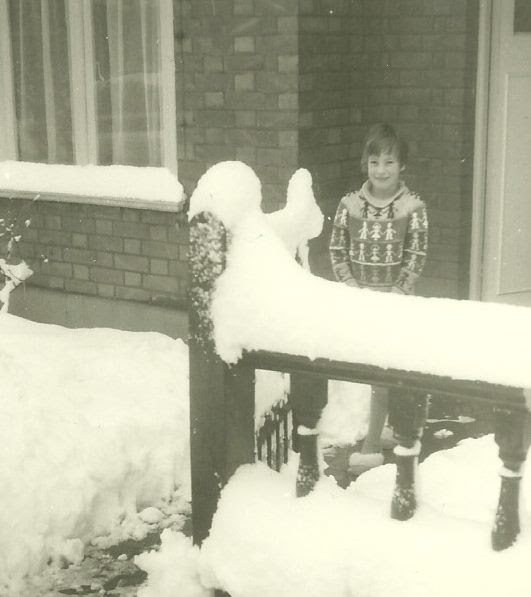Here on the History Girls’
website you will read posts about women’s history, posts about the history of
women and sometimes, accounts of the lives of individual women. If you are a
woman reading this, have you told your own story? Every woman’s life story is
part of the fabric of women’s history, no story is too ‘ordinary’, no story is
boring or irrelevant. History is weighted in favour of men; it is important to
redress the balance.
Writing your life story
can be a daunting and for some, a painful experience. At best, we relive life’s
less than wise decisions and teenaged embarrassments, at worst, we confront
traumas of the past that may have been left buried. Every woman owes it to
herself to record an account of her life, the achievements and the hardships
alike. For most of us, it is not going to become a best-seller, maybe no one
will read it but the writing itself is a satisfying and cathartic process. Your
story is about so much more than you, it is also about the history of the communities
that you lived in, the schools you attended, the people whose lives you have
touched. In a fast-changing society, the lifestyles of our childhoods seem like
another world to subsequent generations.
Everyone can tell their
own story; you don’t have to be a writer. Back in 2014, I set out to help
eighty women recount their memories, with particular emphasis on the period
1946-1969. This era, like many others, was one of enormous change, as post-war
Britain transformed into the ‘Swinging Sixties’. We moved from liberty bodices
to mini-skirts , from ration books to ready meals. These years heralded the dawn
of the National Health Service, the comprehensive education system, a new wave
of feminism and conspicuous consumerism. In the end, those memories became a
book, Remember Then: women’s memories
of 1946-1969 and how to write your own. The book has my name on the cover
but the words are those of my eighty volunteers.
If you are wondering how
to set about writing your own life story, here is some advice that others who
have taken this step have found useful. Set yourself a deadline and make that realistic;
there is nothing worse than not meeting self-imposed deadline. Most people find
that about a year is a suitable time-scale. Divide the task into sections and
subsections. Although the temptation is to write chronologically, it is
actually easier and often more interesting, to take a thematic approach. Having
said that, a timeline is helpful as a framework. Add key dates of births, marriages
and death of those close to you. List house moves and changes of school and
work. You can include holidays, concerts, sporting events and other special occasions.
Don’t forget achievements, learning to
driving, passing an exam, winning a competition and anything else you
are proud of. Note down local, national and international events that had an
impact on your life. Raid your photograph album and any souvenirs you may have
kept to help jog your memory; reminisce with contemporaries.
Then start to put notes
together. Take a topic at a time; covering one a month works well. In this way
you can write about, clothes, homes, neighbourhoods, work, leisure time, food,
schools, celebrations and relationships with friends and family, for example.
Let’s just think about the topic of clothes. There is no need to spend a whole day
writing all you can remember about what you and your family used to wear. In
ten to fifteen minutes you can write about footwear, or swimwear, or nightwear.
The key is to break the task down into manageable chunks. When you are writing
about homes, take one home at a time, one room at a time and describe it. As
you do so, can you recall an incident that happened in that room? If so,
include it at that point.
Don’t put this task off until
next year, the year after or when you retire, make a start now. One word of
warning, depending on who you decide to share your story with. Your
story is
also the story of your parents, your siblings, your spouse and others whose
lives have touched your own. You may have to face ethical dilemmas about what
you share, who you anonymise and what you leave out. Of course you want to tell
the complete story, the good, the bad and the ugly; a sanitised account of just
the successes and the cheerful bits does you no favours and paints a distorted
version of the past. History hurts, it can be an uncomfortable and dark place.
We’ve have all made mistakes and done things that we regret and we shouldn’t airbrush
this from our stories. Just be mindful of the impact on others whose lives have
touched your own. Good luck.






